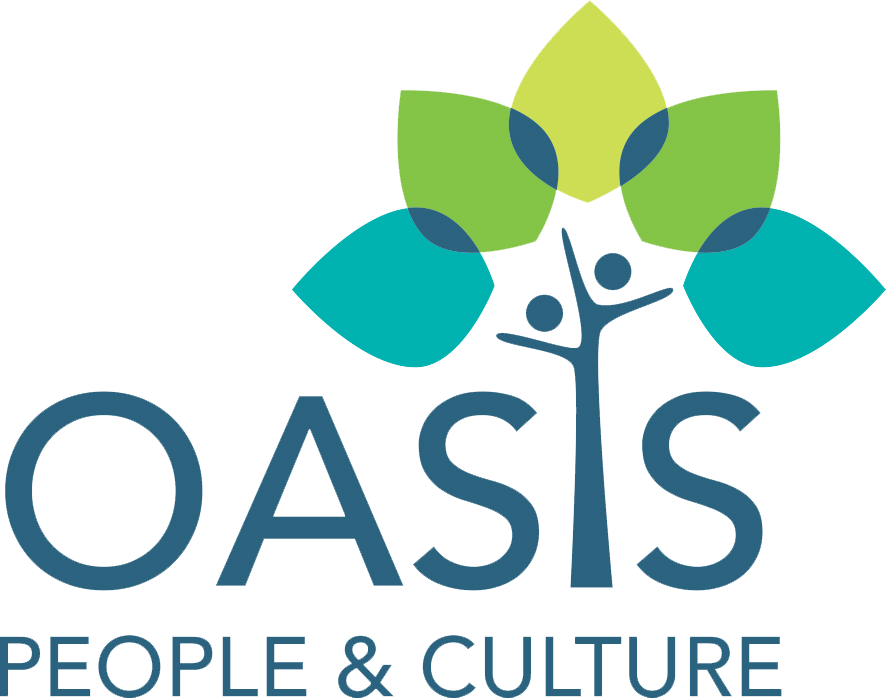Every so often people make the comment, “I read people really well”. What they mean is that they easily pick up on where a person is really coming from, or what is really happening for them … as opposed to what they are saying or not saying.
Some studies have suggested that up to 93% of communication is non-verbal. If this is the case, it is clear that we will be constantly noticing both the subtle and obvious non-verbal signals that people give.
However, what people often fail to recognise in their self-congratulation about being able to ‘read’ people well is that their ‘reading’ is an interpretation of their own making and should be handled with care. These interpretations we make as we ‘read’ people spring from our own values, worldview, preferences, family of origin and personality to mention a few. Our interpretations actually tell us less about the person we are observing than they do about us.
“So what?”, I hear you ask. The ‘so what’ is that our reading of people can lead us to presuming that what we have read is the truth about where that person is coming from.
From this ‘truth-holding’ position we respond without ever critically examining our interpretations. A furrowed brow in a conversation could mean the person does not understand what you are saying or that they disagree with you. But the same furrowed brow could also mean that they felt a headache starting or that they forgot about something important that they had to do. Uncritically reading people can lead us to walking away from conversations with completely the wrong idea about what is going on for the other person. We may then begin making decisions about how we will engage with that person professionally, all based upon a misguided interpretation.
How many sales leads have not been followed up on because of a reading of someone that said they were not interested? How many angry responses have happened because of a misinterpretation of a frown or a laugh?
When I am in a meeting and notice I am reading body language or reading meaning into words that have not been explicitly stated, I choose to park my reading. Instead, I simply ask a question like, “I noticed you furrowed your brow when I said (x or y). I am wondering if that meant anything important?” Or, “I noticed you furrowed your brow when I said (x or y), what meaning should I make of that?” The response to this is often surprise followed by the opening up of an important conversation.
It is true that some people are more gifted than others at picking up on the non-verbal cues others give in conversation. However, when we get so good at reading people that we believe our reading is the truth rather than an educated hunch we are headed for trouble.
Notice the hunches that come from reading people and be willing to be curious about them. It is amazing what you learn when you are prepared to be curious.

